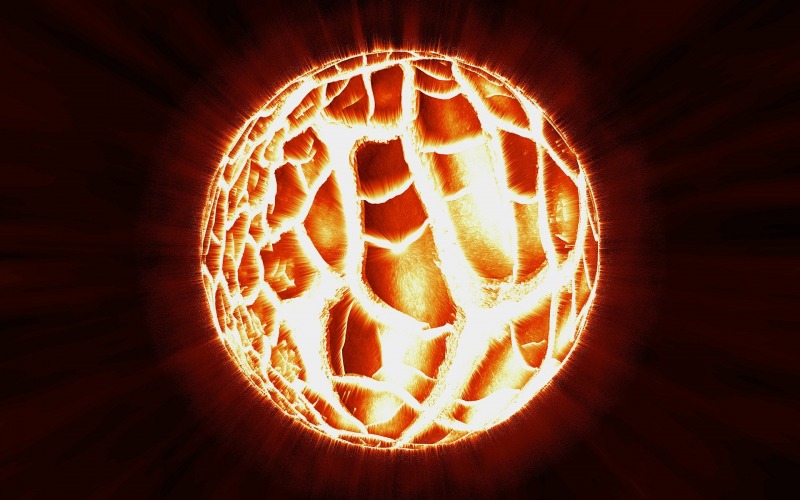
ORGANIZERS:
Nir Shaviv (The Hebrew University of Jerusalem)
Henrik Svensmark (Technical University of Denmark)
Is mankind or the sun responsible for climate change? Is the earth getting hotter or colder? These are some of the key points to be debated at an international conference at the conference, 'Solar, Cosmic Rays and Climate Connections', coordinated by the Institute for Advanced Studies and the National Science Foundation.
The goal of the conference is to discuss and debate the relative climatic role played by the sun. Although it is an interesting question by itself, it has ramifications to the understanding of present and future climate change. If the sun is an important climate driver, some of the 20th century warming should be attributed to the sun –implying that the human role is smaller and with it the expected warming over the 21st century.
However, some of the participants in the conference claim that the sun doesn't have such an impact on the climate and that global warming is influenced more by the actions of mankind. According to this hypothesis, the warming of the earth will continue in the 21st century at a rate of up to 0.2 degrees per decade.
Some of the issues to be discussed by the speakers from Israel, India, Canada, Germany, Denmark, Finland, Britain and Switzerland include: How large is the solar climate link and is it amplified? Is the climate very sensitive? Can we prove or rule out cosmic rays? Can we determine the mechanism(s) for a CR climate link? Do we find a relationship between cosmic rays and climate in the past? and Weather influence on the Earth wheat markets: Past, present and future.
SPEAKERS:
Jürg Beer (Eawag, Swiss Federal Institute of Aquatic Science and Technology)
Jasa Calogovic (University of Zagreb)
Frederic Effenberger (Ruhr Universität Bochum)
Horst Fichtner (Ruhr Universität Bochum)
Giles Harrison (The University of Reading)
Jasper Kirkby (CERN)
Jón-Egil Kristjánsson (University of Oslo)
Benjamin Laken (University of Sussex)
Augusto Mangini (Heidelberger Akademie der Wissenschaften)
Kalevi Mursula (University of Oulu)
Dibyendu Nandi (Indian Institute of Science Education and Research)
Jens Olaf Pepke Pedersen (Technical University of Denmark)
Lev Pus’tulnik (Tel Aviv University and Israel Space Agency)
Daniel Rosenfeld (The Hebrew University)
Klaus Scherer (Ruhr Universität Bochum)
Nir Shaviv (The Hebrew University)
Mordechai Stein (Geological Survey of Israel)
Henrik Svensmark (Technical University of Denmark)
Brian Tinsley (University of Texas at Dallas)
Yvonne Unruh (Imperial College, London)
Ilya Usoskin (University of Oulu)
Jan Veizer (University of Ottawa)
Shlomi Ziskin (The Hebrew University)

